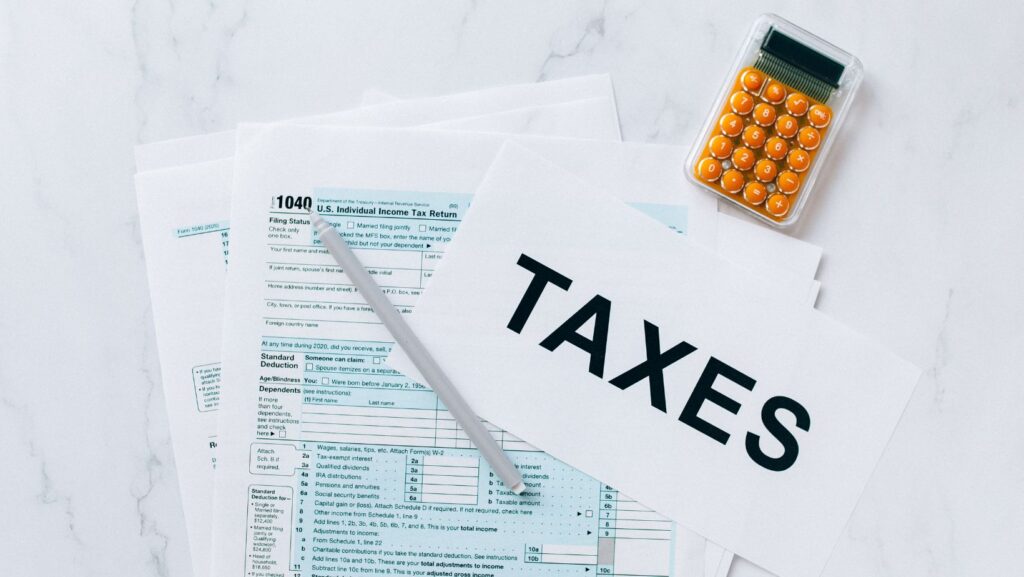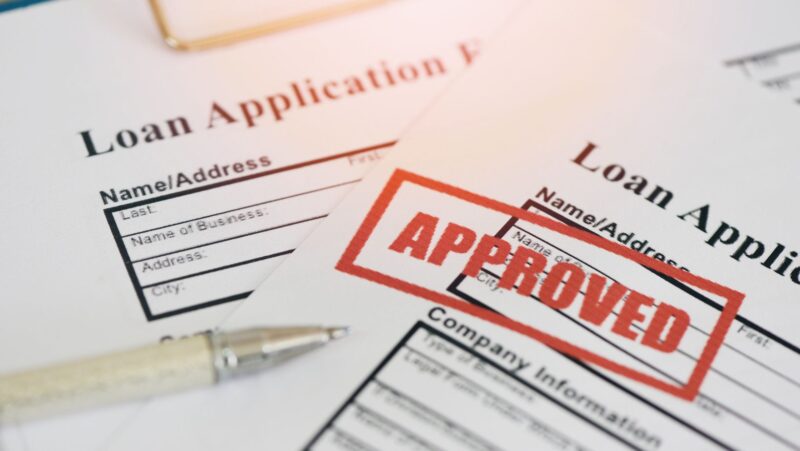
As a homeowner or real estate investor in Philadelphia, it’s essential to understand the city’s property tax system. Every person invested in real estate ownership should be wise to tax structures, rates, ordinance updates, and assessment procedures.
A comprehensive understanding of this knowledge can give you the necessary insights to safeguard your finances. Equally significant is staying informed about any other legal or regulatory modifications that might affect the locality’s acquisition and sale of real estate assets.
Staying informed on property tax Philadelphia regulations to help you or your clients make profitable real estate decisions is crucial. Here are five key facts about the plan to help you navigate your obligations more efficiently.
Fact 1: Legal Help with Property Tax Issues
Complex issues related to property tax in Philadelphia often require legal expertise. Whether it’s an unclear title that needs clarification or a dispute over a government’s use of eminent domain, a real estate lawyer can provide invaluable assistance.
When handling intricate property tax matters, it becomes paramount to identify a well-established law firm specializing in real estate. Having the expertise and experience in this area can make a significant difference in navigating through the complexities and ensuring a favorable outcome.
By relying on a trusted law firm, you can rest easy knowing that seasoned professionals with deep knowledge of the real estate industry are dedicatedly handling your property tax concerns. This assurance brings you peace of mind as your needs are meticulously addressed with expertise and precision.
Fact 2: Timing and Calculation of Taxes
Property tax Philadelphia bills are usually mailed out to property owners in December. The amount you owe is determined by the assessed value of your property and the current tax rate.
The tax rate can change yearly, making it essential for property owners to stay informed about any updates to avoid unexpected financial surprises.
Fact 3: Available Tax Discounts and Assistance Programs
Philadelphia offers various discounts and assistance programs to help property owners manage their property tax obligations. For example, one such program could reduce your annual property tax bill by up to $629. The rates and amounts for these discounts can change based on decisions made by the City Council.
Staying updated with these changes will ensure you maximize the available deals and assistance. It’s essential to note the deadlines and requirements for these programs so you don’t miss out on potential savings.
Fact 4: Impact of Reassessments
Reassessments are a regular part of Philadelphia’s property tax system. A reassessment can potentially increase the assessed value of your property, which would affect the amount of tax you owe.
If you disagree with a reassessment, the system allows appeals. Understanding this process thoroughly is essential, ensuring your property is fairly valued and taxed according to its true worth.
By familiarizing yourself with the intricacies of the appeals process, you can take proactive steps to protect your interests and ensure that your property receives the accurate valuation it deserves.
Fact 5: How Philadelphia’s Tax System Compares to Others
Comparing Philadelphia’s property tax system with other systems can provide valuable context. For example, Philadelphia’s tax rate differs from that of Delaware County, which has the second-highest property tax rate in Pennsylvania.
A clear understanding of these differences is crucial as it empowers you to make well-informed decisions regarding property investments. Moreover, it enables you to navigate through potential tax obligations that may arise when you own properties in different counties. Knowing these intricacies, you can confidently optimize your investment portfolio for maximum returns.
5 Facts You Should Know About the Philadelphia Property Tax System – In Summary
Understanding the property tax in Philadelphia is essential for managing your financial obligations and opportunities as a property owner. It’s prudent to stay informed of changes in tax rates, available discounts and assistance programs, reassessments, and appeal processes.
Comparing Philadelphia’s tax system with others can provide valuable insights for making sound investment decisions. By staying knowledgeable on these essential facts, you can navigate the system’s complexities and make wise choices for your real estate investments.
So keep yourself updated, and always consult with a legal professional when needed. Your property ownership journey in Philadelphia will surely be smoother for you.












